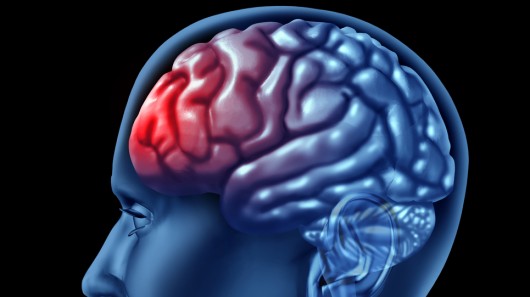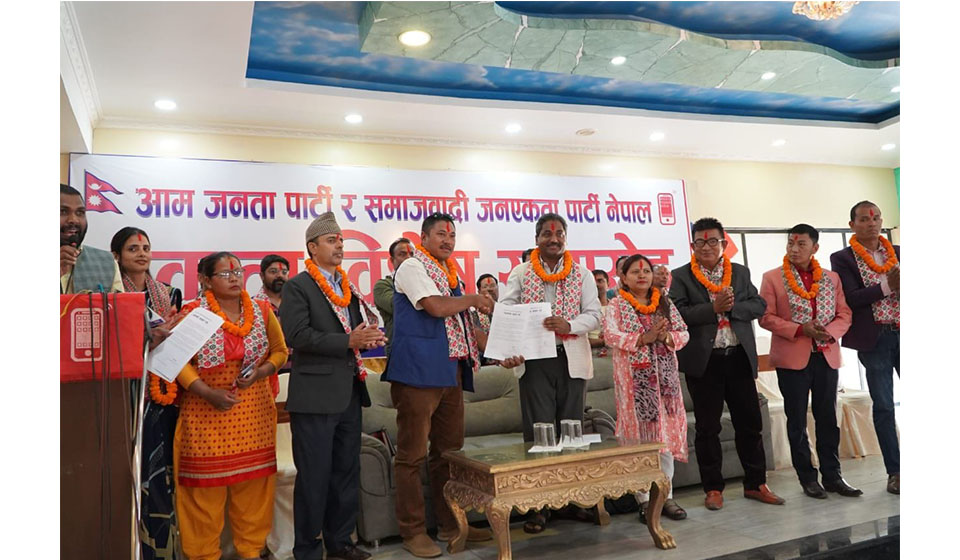
OR
BLOG
Erosion of Common Memory in the 21st Century
Published On: November 19, 2023 03:50 PM NPT By: Kshitiz Gaire

More from Author
The twenty-first century marks a progressive memory decline, which denotes the demise of collective memory and the fading of shared memories. Everyday memory loss poses a serious issue since it threatens the basis of culture and communal knowledge. People who have trouble recalling and retaining shared experiences find it hard to communicate effectively and come to an understanding, which can result in the loss of crucial knowledge and insights. Furthermore, as false narratives find it easier to spread when there is a lack of shared memory, this tendency may be responsible for the proliferation of disinformation and fake news. Furthermore, the loss of ordinary memory may cause people to feel disconnected from one another and alienated, which might have an adverse effect on social cohesiveness and our capacity to draw lessons from the past to improve the future.
Our dependence on external devices, such as phones and cloud storage, has increased due to the widespread use of digital technology and smartphones, potentially weakening our memory capabilities. People may get so overwhelmed by social media and the internet that they are not able to discern between crucial and irrelevant information, neglecting their daily memory in the process. The fast-paced, multitasking, and distracting aspects of modern life might make it difficult for memories to form and solidify. The emphasis on convenience and immediate access to information may discourage people from engaging in the rigorous cognitive processes required for memory development. The ephemeral and disposable nature of digital data can undermine the value of one-of-a-kind experiences.
The relationship between digital technology, the internet, and potential modifications to memory and cognitive processes is the subject of ongoing research. The field of cognitive psychology and neuroscience is complex and lacks a clear consensus, despite studies suggesting phenomena like "digital amnesia," where people forget information they think they can find online, and the "Google Effect," which affects memory by remembering where to find information rather than the information itself. This complex link further influences variables, including the effect of multitasking on memory, information overload from social media, and neuroimaging research pointing to potential alterations in the brain. Technology is one of the many aspects that affect memory, and it's essential to remain up to speed on new studies to comprehend how memory and technology are related.
A multifaceted approach proposes to mitigate the possible harmful effects of digital technology on memory and cognitive functioning. One method is to practice mindfulness, which can help lessen the negative impact of constant digital distractions while also improving attention and knowledge retention. Encouraging digital literacy and critical thinking abilities can enable individuals to separate fact from fiction, reducing the strain on memory. Limiting one's use of technology and promoting frequent screen time can aid with memory consolidation. By incorporating memory-enhancing techniques into their curricula, educational institutions may educate students to become more adept at remembering things in the digital era. Establishing a culture that encourages communication and information exchange can strengthen the value of preserving shared experiences and contribute to the building of a collective memory.
In order to construct digital tools and platforms that promote cognitive well-being and ethical technology usage, collaboration between researchers and technology developers is essential. It strives to ensure that technological progress is in line with human welfare, considering the possible effects of digital instruments on memory and cognitive functions. Together, developers need to build products that improve critical thinking and memory rather than impair them. This collaboration fosters a more moral and ethical approach to technical development. To assist developers, choose features and design components that support cognitive well-being. Working together can result in the inclusion of features that push users to interact with digital information more critically and thoughtfully, which will eventually support responsible use of technology.
In summary, the effects of digital technology on memory and cognitive functions are a complex and dynamic problem that needs our consideration. While the current study emphasizes the possible drawbacks of digital technology, it also highlights how crucial it is to comprehend and handle this intricate interaction. Setting limits on media usage, practicing mindfulness, and becoming digitally literate are essential for protecting memory, critical thinking, and cognitive health in the digital age. Memory-enhancing techniques integrate into school curriculum to promote a culture of shared experiences and communal memory. Crucially, to create digital tools and platforms that enable cognitive well-being and ethical technology usage, academics and technology developers must work together. We must all work together to strike a balance between the benefits of technology and the preservation of our mental capacities, ensuring that the digital era strengthens rather than destroys our ability for critical thought and collective memory. We must strive to balance the benefits of technology with the preservation of our mental capacities. The digital era should strengthen our critical thought and collective memory, not weaken them.
You May Like This

Also an art
Rain that has stopped Makes the memories wet. The grasses whisper about the flowers The sky still widens its mind ... Read More...

Amitabh Bachchan shares throwback picture with little Kareena Kapoor Khan
Giving his fans a glimpse of young Kareena Kapoor Khan during her childhood, Amitabh Bachchan shared an old picture of him and Kareena together... Read More...

Memories of war
I cried because there was a war I was not equipped to fight against, because I knew in this conflict I... Read More...
Just In
- Sunkoshi-Marin Diversion Project’s tunnel construction nears completion, breakthrough scheduled for May 8
- Govt tightens security arrangement for Third Investment Summit 2024
- Pesticide residue found in vegetables in Nepalgunj
- Aam Janata Party and Samajwadi Jana Ekata Party merge
- 1,600 participants confirmed for Nepal Investment Summit
- Ilam-2 by-elections held peacefully, vote count likely to start tonight
- NEA schedules five-day power cut across Kathmandu Valley for underground cable installation
- Hundreds of passengers including foreign tourists in distress as poor visibility halts flights to and from PRIA









-1200x560-wm_20240427144118.jpg)







Leave A Comment